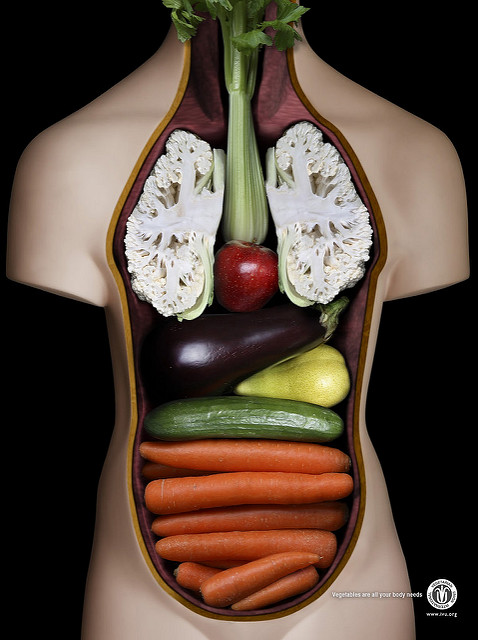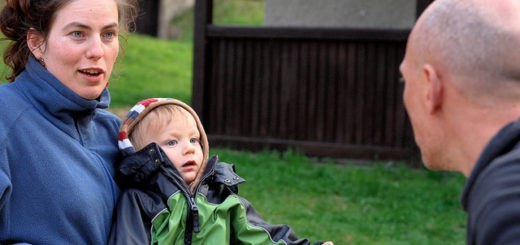Healing Chronic Constipation: Learning How To Give And Receive
People all over the world suffer with chronic constipation. Even though you may have tried to heal yourself with medical and life style changes there could be another component at play. It’s all about your ability to give and receive in a balanced kind of way.
What Is Chronic Constipation?
Constipation is considered to be when bowel movements are fewer than three times in a week and when it is difficult to pass, and sometimes painful.
Constipation occurs when digested food spends too much time in your colon and and most of the water is absorbed. Your stool becomes hard and dry, which makes pushing out of your body more difficult.

Our digestive system is called our second brain. Scientists found that gut bacteria are in constant cross talk with the brain which explains why our digestive system, our psychology and many diseases of the body are associated
Usual Cures For Chronic Constipation
Here are some common cures for healing chronic constipation:
1) Drinking more water.
2) Including more fiber and reducing dairy products in the diet.
3) Increasing exercise.
4) Coming off from laxatives, antidepressants and painkillers.
5) Sleeping better.
6) Reducing stress.
What If Nothing Works
If you have applied all of the known cures and doctors cannot find a reason why you should be constipated it might be time to look at your psychology.
Have you heard our digestive system being called our second brain? In fact scientists found that gut bacteria are in constant cross talk with the brain which explains why our digestive system, our psychology and many diseases of the body are associated.
In psychology we think about bowels and poop as reflections of our ability to digest life experiences. They indicate how we live our lives and how we relate to ourselves and others. All of life is the flow of receiving and giving; taking life in, assimilating what is good for us, and letting go of what we no longer need. Chronic constipation is when the flow of give and receive is severely off balance.
Learning How To Give And Receive
Psychologist Adam Grant found out that people fall in three main categories: Givers, takers and those who don’t give unless they take. He found that most successful people are those who give whilst respecting their needs. Interestingly the least successful people are also givers but those who do not respect their personal needs.
I discovered some attitudes, habits and traditions that disrupt the natural balance of the give and receive flow of life. Here I share them with my suggestions about how to bring them into balance:
1) Holding on to the past is one of the mistakes many of us suffer.
Example sentences: ‘If only I could do differently?’ ‘I wonder if they thought I was selfish?’ ‘I miss the past’. ‘I cannot forgive myself/somebody else.’
Balancing method: When we make the past alive in the present we limit the possibilities of the present. I can only live when I am fully present here and now. Focus on enjoying each and every moment of your life including the most mundane parts such as washing up, ironing, eating, working and commuting.
2) Some people take responsibility for the stress, health conditions, and unhappiness of the people they care about.
Example sentences: ‘How can I be ok when my children are unhappy’ ?’How can I make my husband feel ok?’
Balancing method: Remember we are responsible for ourselves. We need to learn to keep calm and centered when our loved ones are suffering. The energy of love is healing, therefore practice loving rather than taking on the stress and burdens of loved ones. You can do this by sending loving affirmations.
3) Forget about sacrificing your own needs, even if others disagree.
Remember the announcement we hear every time we fly? ‘In an emergency oxygen masks will drop from the ceiling. Secure your own mask before attending to children’. It’s practical advice when in an aircraft, but it is also a sound metaphor for how to manage your relationships when others are dependent upon you.
Here are some examples of negative self-talk: ‘My needs are not important what matters is to do what is best for my child.’ ‘You are selfish if you don’t share your money.’
Balancing method: Sacrifice creates a sense of being a victim in the giver and indebtedness in the person who receives which can turn easily into guilt. In fact there is no dichotomy between your needs and the needs of another. When the motivation of all actions is to serve humanity and nature, as you are part of humanity your needs will be met naturally as a result.
4) Worrying about the future leads to worries.
Example sentences: ‘I need to guarantee myself and my family.’ ‘What if I lose my job?’
Balancing method: There are no guarantees in life. Working just for money or status brings misfortune. Feed yourself with love, with nourishing foods and positive, loving thoughts. Hug yourself and others as often as it is possible.
5) The belief that life owes you a perfect partner, family, work, friends, etc. leads to unnecessary frustrations.
Example sentences: ‘It is not valuable if he brings me flower after I ask for it.’ ‘I am angry even if she helps me in the kitchen now, because she was not helping me in the past.
Balancing method: Develop gratitude by writing at least three items to be grateful in your life every day.
If you suffer from chronic constipation consider your situation. What disrupts the natural flow of give and receive is usually the fear; fear of losing love or security. Is it the case for you? If so you might be able to heal yourself by giving from your soul with an effortless ease without expectations of any return which will allow you to be grateful for what you receive.
Remember to feel grateful every time you poo 😉
Attribution-ShareAlike 2.0 Generic (CC BY-SA 2.0)image:Thigala shri
https://soundcloud.com/irem-bray/healing-chronic-constipation-learning-how-to-give-anad-receive




